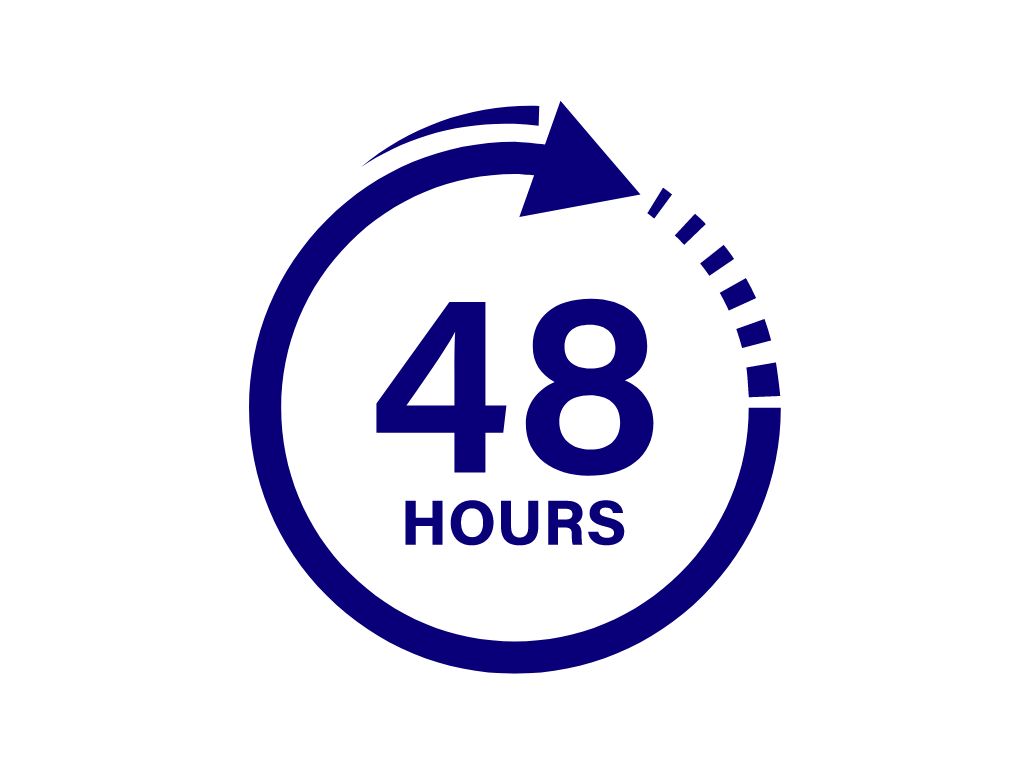Introduction
The Scope of Appointment (SOA) is crucial for Medicare agents, ensuring transparency and compliance with regulations when discussing Medicare Advantage and Part D plans. With the recent return of the 48-hour rule in 2024, it’s essential for agents to be up-to-date on SOA requirements to stay compliant and maintain professionalism.
Understanding Scope of Appointment (SOA)
An SOA is a mandated document that outlines what will be discussed between an agent and a Medicare beneficiary during an appointment. This ensures that both parties agree on the topics and prevents unauthorized sales pitches. It applies primarily to Medicare Advantage and Part D prescription drug plans, serving as a protective measure for consumers.
Key Compliance Rules for SOAs
- 48-Hour Rule: In 2024, agents must collect an SOA at least 48 hours before the appointment unless it’s a walk-in or spontaneous meeting.
- Validity Period: SOAs remain valid for 12 months for the same beneficiary, ensuring ongoing compliance for subsequent appointments.
- Storage Requirements: Agents must retain SOAs for at least 10 years, even for non-enrollments, and store them securely, either digitally or in paper form.
Efficient SOA Collection and Storage
Utilizing technology platforms like AgencyBloc simplifies SOA management. This software allows agents to send, track, and store SOAs efficiently, with options for email or text communication. This approach not only meets compliance standards but also enhances client interaction by ensuring secure data handling.
Communicating SOA Requirements to Clients
To maintain transparency, agents should educate clients about the SOA process through various channels such as emails, newsletters, or personalized consultations. This proactive communication helps establish trust and ensures clients understand the importance of the SOA.
Frequently Asked Questions (FAQs)
- Why is an SOA necessary? It protects consumers by clearly defining what will be discussed during an appointment.
- How long is an SOA valid? It’s valid for 12 months unless the client’s scope changes.
- What are exceptions to the 48-hour rule? Walk-ins or unplanned meetings are exempt. In addition, if an appointment occurs during the last 4 days of an enrollment period, then the 48 hour rule is not in effect.
- Is the 48 hour rule based on hours or days? The 48 hour rule is based on hours and not days. If your client signs the SOA on Tuesday at 4:00 p.m. then you cannot meet with them until Thursday at 4:00 p.m. or after.
Conclusion
Staying compliant with SOA requirements is vital for Medicare agents. Embracing technology and clear communication will help agents manage SOAs efficiently and build trust with clients. By adhering to these guidelines, agents can ensure a smooth and ethical sales process.

